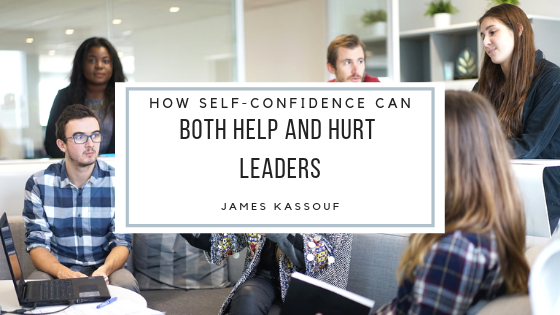To be successful, confidence is key. This has been told time and time again to the greatest leaders. Those who possess strong self-confidence often find themselves to be an incredible leader, but there are also times having too much self-confidence can make you into the worst kind of leader. It’s imperative to know when self-confidence can either help or hurt you:
When Self-Confidence Helps
Having strong confidence in yourself is an incredible trait to have. With enough confidence, you are able to tackle any obstacle and adapt to any change that may come your way. This is what makes confident people the best leaders. When leaders have self-confidence, whether, in a personal or professional setting, they’re able to identify any problems and make the changes necessary to fix it. Confident leaders are also able to work more enthusiastically and inspire others to do the same.
A leader’s self-confidence can do more than just inspire others and implement necessary change–their confidence can handle multiple challenges. Most people who lack self-confidence stick to what they know and where their strengths lie. Leaders with strong self-confidence are able to take on any challenge or obstacle, even if it’s something that is out of their usual comfort zone. They’re also more willing to challenge standard approaches and find new, innovative ways of working.
When Self-Confidence Hurts
There are some instances too much self-confidence can become a major drawback. Although it’s important to have confidence in your work, confidence can put a damper on projects and come off negatively. If someone has a lot of self-confidence, they often have an arrogance about them. Someone thinking that they are always right and not accepting any feedback from others will do more harm than good. It’s important to listen to other’s opinions and not be afraid to implement personal change.
Leaders who are too confident also often have a lack of trust for others. This trait can have a negative effect on the work at hand and even damage relationships. The people around or working with confident leaders can either feel inspired or taken advantage of–it all depends on the level of confidence. An overly confident leader will no notice others until they need something from them. Instead of risking relationships, it’s important to dial the confidence down and let your team members in.
As a leader, having strong self-confidence can be a very positive trait. To make sure confidence in yourself will help rather than hurt you, remember that you are a part of a team. Your confidence and success can only be measured by the success of your team. Know when to take the wheel or ride in the backseat.

